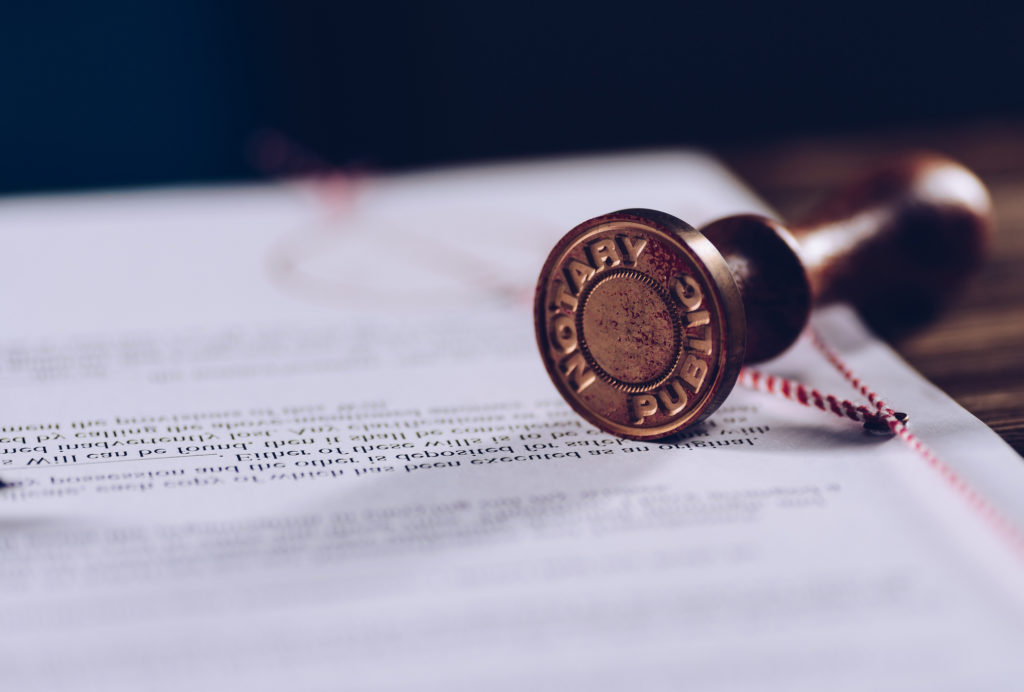Competent Conveyancer: Helping With Smooth Property Transactions
Competent Conveyancer: Helping With Smooth Property Transactions
Blog Article
Debunking Notarial Work: Simplifying the Function and Significance of Notaries
In the complex internet of lawful paperwork and verification, notaries stand as columns of guarantee and credibility. Their function, commonly shrouded in secret for many, lugs substantial weight in making sure the legitimacy and stability of vital documents. As guardians of validity and fact, notaries play an essential part in our society, yet their work is not constantly fully comprehended. By unwinding the complexities surrounding notarial techniques and dropping light on the value of their acts, a clearer understanding emerges of the important role notaries play in supporting the textile of contractual and lawful agreements.
The Background of Notarial Work
Just how did notarial work evolve over time to come to be an essential part of lawful and business purchases? The background of notarial work go back to ancient worlds, where scribes played an important function in videotaping important details and confirming records. As cultures advanced, the requirement for an extra formalized system to make certain the credibility of contracts emerged. This brought about the advancement of notaries, individuals selected by the state to function as unbiased witnesses in legal matters.
Throughout the Center Ages, notaries acquired importance in Europe, with their functions expanding to include drafting lawful files, accrediting signatures, and preserving documents. The rise of international trade further stressed the importance of notarial job in validating contracts and contracts throughout boundaries.
In the contemporary period, notaries continue to play a vital role in legal and company deals by confirming identifications, validating the credibility of records, and preventing fraud. Their function in certifying the credibility of contracts adds a layer of safety and security and depend the ever-evolving landscape of business and law.

Duties and Obligations of Notaries
Notaries play an important duty in confirming the authenticity of records and the identification of signatures. One of their key obligations is to witness the finalizing of important files, such as deeds, wills, and agreements, to make certain that all parties are entering into contracts purposefully and willingly.
They certify copies of initial documents, giving assurance to organizations that the copies are real reproductions of the originals. On the whole, the responsibilities and responsibilities of notaries are crucial in safeguarding the stability and legitimacy of different papers and deals - Apostille.
Notarial Certificates and Signatures
Exemplifying precise attention to information, notarial certificates and signatures serve as essential components in confirming the credibility of legal records. Notarial certifications generally include important info such as the date of notarization, the names of the signatories, a description of the file, and the notary's main seal. These certifications offer a clear document of the notarial act, ensuring that the paper can be quickly identified and traced back to the notary who managed the procedure.
Signatures play an essential role in notarial work, as they signify the contract and permission of the parties included. Notaries thoroughly witness the finalizing of documents to confirm the identity of the signatures and confirm that they are authorizing of their very own complimentary will. By visit the site fastening their main seal and signature to the file, notaries license that the required treatments have actually been adhered to and that the record is enforceable and valid.
Fundamentally, notarial certificates and signatures are the trademark of credibility in lawful purchases, offering assurance to all celebrations entailed that the files are reputable and binding.
Value of Notarial Acts

Notarization Process Described
The notarization process normally starts with the private providing the document to a notary public. Once the identification is confirmed, the notary ensures that the specific signing the paper does so voluntarily and without any threat.

Verdict

Notarial certifications normally contain crucial details such as the date of notarization, the names of the signatures, a description of the record, and the notary's official seal. These certificates supply a clear document of the notarial act, making sure that the document can be quickly determined and traced back to the notary that oversaw the process.
By fastening their main seal and signature to the record, notaries certify that the required procedures have been complied with and that the paper is enforceable and valid.
By confirming the identification of the signatures, verifying their willingness to enter into the contract, and certifying the day and area of the finalizing, notaries play an important role in supporting the legitimacy of lawful records.After the Bonuses document is signed, the notary will certainly affix their official seal or stamp onto the record.
Report this page